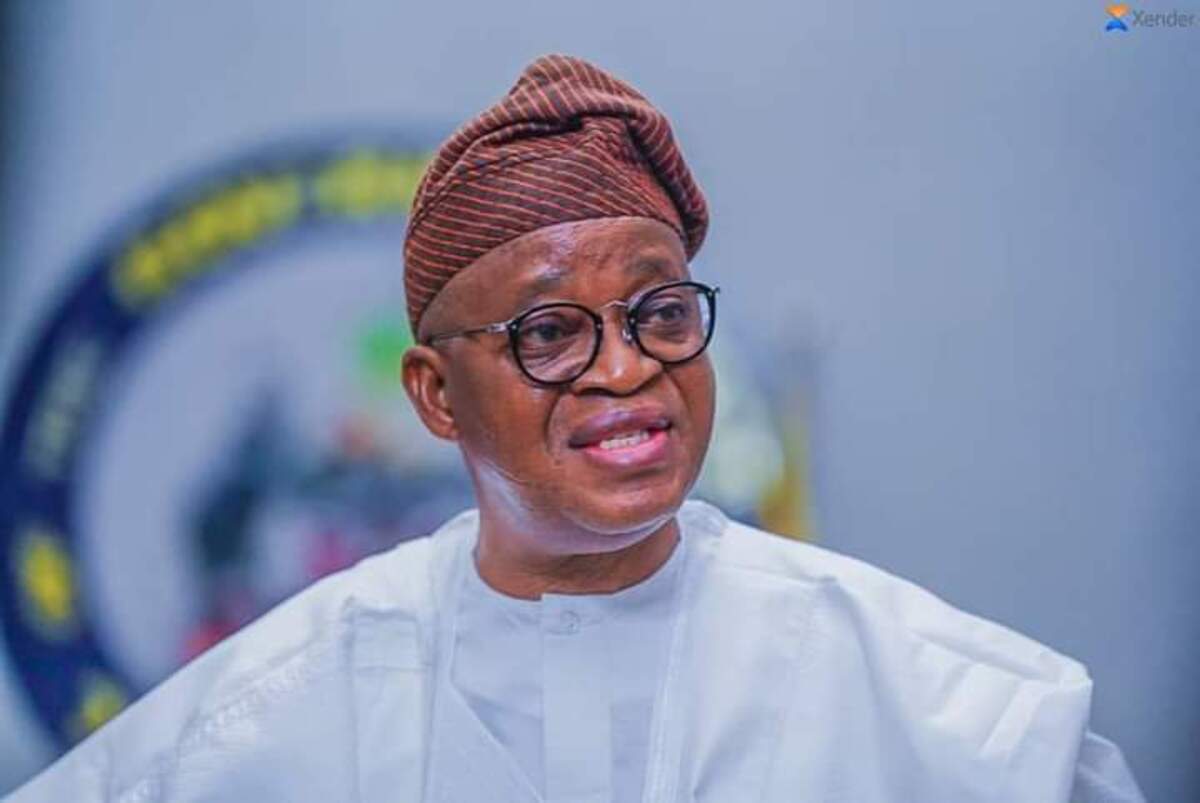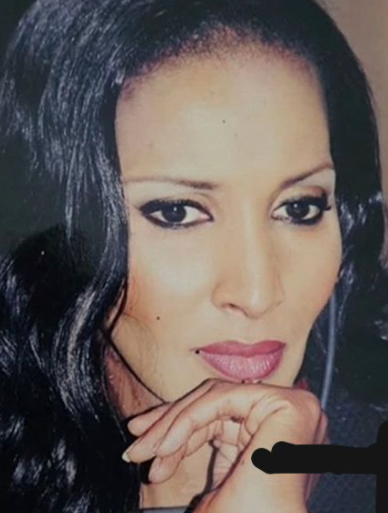
Sailing Towards Progress: Marine and Blue Economy Ministry Hits 75% Performance in Just Two Years — Minister Oyetola

In a compelling declaration that highlights a wave of progress in Nigeria's maritime sector, the Minister of Marine and Blue Economy, Adegboyega Oyetola, has announced a remarkable 75% performance scorecard for the ministry in just two years. The milestone, which has stirred both optimism and reflection across industry stakeholders, underscores the administration’s strategic repositioning of Nigeria’s vast oceanic resources into a fulcrum of national development. The minister made the announcement during a media briefing covered by Tribune Nigeria, emphasizing that the ministry's achievements have not only surpassed expectations but also set the stage for deeper investments and reforms in the sector.
The Ministry of Marine and Blue Economy, a relatively new establishment under President Bola Tinubu's administration, was carved out with a unique mandate — to harness Nigeria’s maritime potential, create jobs, boost trade, and contribute significantly to the nation’s GDP. Since its inception, the ministry has focused on transforming what was once seen as underutilized oceanic and inland waterways into hubs of productivity and innovation. At the heart of this transformation lies a data-driven approach to planning, accountability, and collaboration between public and private actors. Minister Oyetola’s revelation of a 75% performance rating therefore did not come as a boast but rather as a measured assessment backed by verifiable outcomes and visible impact.
According to the minister, the impressive rating was the result of a sector-wide assessment of deliverables and key performance indicators laid out since the ministry’s foundation. “We set clear goals when we started, and we put mechanisms in place to track our progress. This 75% performance is not a guess; it’s a reflection of our commitment to transparency, efficiency, and measurable impact,” Oyetola said. He went on to outline that this achievement spans across major thematic areas including port modernization, marine safety, blue economy policy frameworks, job creation, and environmental sustainability.
Under the minister’s stewardship, the ministry has made strides in port digitalization and efficiency, reducing clearance times and bottlenecks that have historically plagued Nigerian ports. A major highlight has been the partnership with the Nigerian Ports Authority (NPA) and Nigerian Maritime Administration and Safety Agency (NIMASA) in streamlining cargo handling, introducing automated processes, and enforcing international maritime standards. These reforms have attracted renewed investor confidence, with increased shipping traffic and container throughput reported in Lagos, Onne, Warri, and Calabar ports.
The blue economy concept — a relatively novel framework in Nigeria’s policy space — has also gained traction under Oyetola’s leadership. This holistic vision includes the sustainable use of marine resources for economic growth, improved livelihoods, and ocean ecosystem health. Through the ministry’s initiatives, coastal communities have begun to see benefits in areas like aquaculture, marine tourism, ocean energy exploration, and maritime education. Government-funded programs targeting youth empowerment and coastal job creation have begun to sprout across states such as Bayelsa, Rivers, Akwa Ibom, and Lagos, fostering a new generation of maritime entrepreneurs.
Environmental consciousness has equally been a cornerstone of the ministry’s agenda. Recognizing the devastating impacts of pollution, overfishing, and climate change on marine biodiversity, Oyetola’s administration launched the Blue Guard Initiative — a national campaign aimed at protecting Nigeria’s marine ecosystems. Collaborations with international bodies such as the International Maritime Organization (IMO) and West and Central Africa Maritime Organization (WECAFM) have enabled Nigeria to align its environmental policies with global best practices. Cleanup operations, mangrove restoration, and strict enforcement against illegal fishing are some of the environmental interventions credited to the ministry’s rising scorecard.
Perhaps one of the most telling indicators of progress is the economic impact the sector is beginning to register. According to industry data shared by the minister, Nigeria’s maritime and blue economy contributed over $5 billion in direct economic output in the past year alone — a figure that represents a significant uptick from previous administrations. This contribution stems not only from port revenues but also from expanding sectors like fishery exports, marine logistics, ship repairs, and offshore oil support services. Oyetola maintained that with continued reforms and investments, the blue economy could contribute up to 10% of Nigeria’s GDP by 2030.
Despite these gains, the minister acknowledged that the journey is far from over. “Yes, 75% is a strong score, but we are not complacent. Our seas hold much more promise. We still face challenges such as piracy, aging port infrastructure, and policy inertia in certain quarters. But with the political will we have and the engagement of all stakeholders, I am confident we will hit the 100% mark sooner than later,” he said. He also assured Nigerians that strategic plans are in place to further decentralize port activities, improve coastal road connectivity, and digitize maritime data management for smarter governance.
Reactions to the minister’s announcement have been mixed but largely positive. Industry players such as the Maritime Workers Union of Nigeria (MWUN) and Ship Owners Association of Nigeria (SOAN) praised the ministry for rekindling hope in a sector that has often been bogged down by bureaucracy and neglect. Speaking on the minister’s performance, Dr. Emeka Anyaoku, a maritime economist, noted that the 75% rating reflects “genuine policy traction and institutional sincerity that has been missing for decades.” He called for increased budgetary allocations to the ministry to enable it scale up its initiatives, especially in rural coastal areas.
For many Nigerians, the success story of the Marine and Blue Economy Ministry is not just a bureaucratic achievement but a symbol of how focused governance can turn dormant sectors into engines of growth. As the country grapples with unemployment, forex scarcity, and diversification challenges, the maritime sector is beginning to shine as a beacon of hope. From young graduates finding opportunities in aquatech, to seafarers regaining confidence in their profession, and even traditional fishing communities witnessing modernization, the waves of change are undeniable.
Minister Oyetola’s report card has now set a benchmark not just for his ministry but for others in the Tinubu administration. It has raised the stakes for what is expected from public office holders in terms of delivery, transparency, and innovation. While the seas ahead may still be rough, one thing is clear: with firm hands on deck, Nigeria’s maritime destiny is finally charting a prosperous course.


